While women remain significantly underrepresented in government, there is at least one adjacent field in which they have achieved gender parity in leadership: the universe of democracy reform and bridge-building organizations.
In its 2021 Diversity Report, the Bridge Alliance found that half of the executives leading its 100 member organizations are women. (Disclosure: The Fulcrum is a program within the Bridge Alliance, which brings together organizations working toward a healthy democracy.)
To mark Women’s History Month, The Fulcrum is spotlighting just some of the women leading these organizations.
Mary-Lee Smith
Executive Director, Renew America Together
"The work of Renew America Together is important to me, because I believe that civility is the key to democracy. Over the past year, I have become inspired by the women of our Civility Leadership Institute's inaugural cohort and their commitment to developing skills to better communicate with those they may not see eye-to-eye with. The impact they are making and their commitment to civil dialogue should inspire us all."
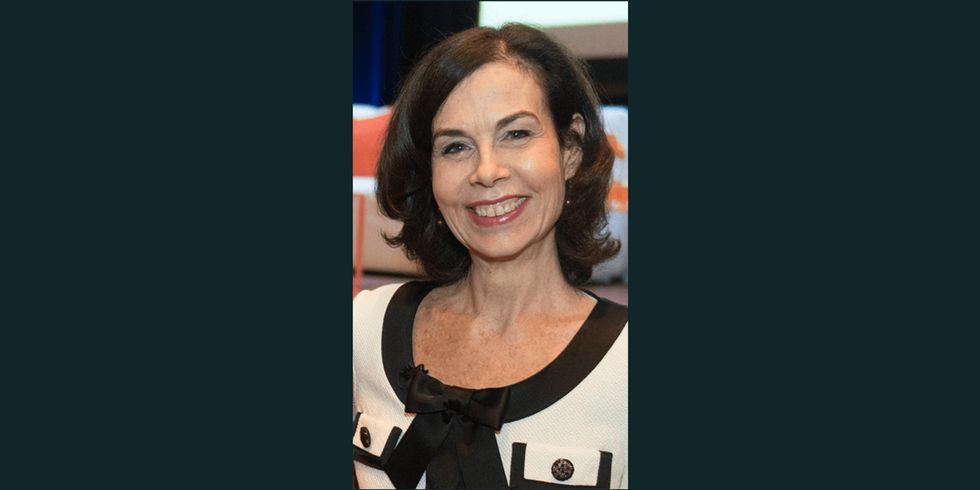
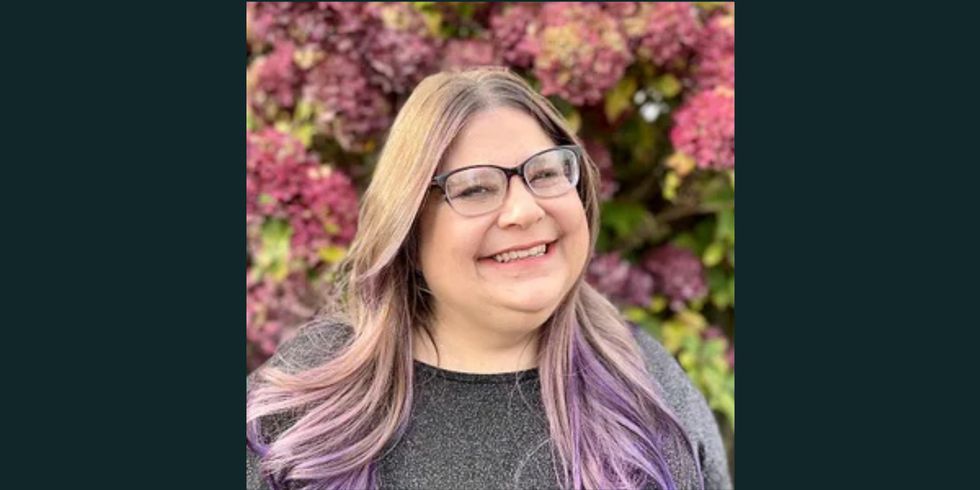

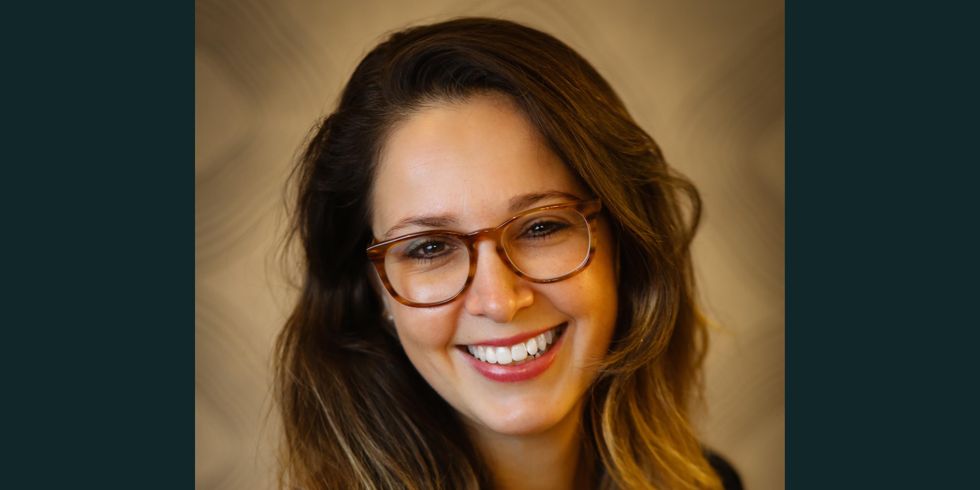
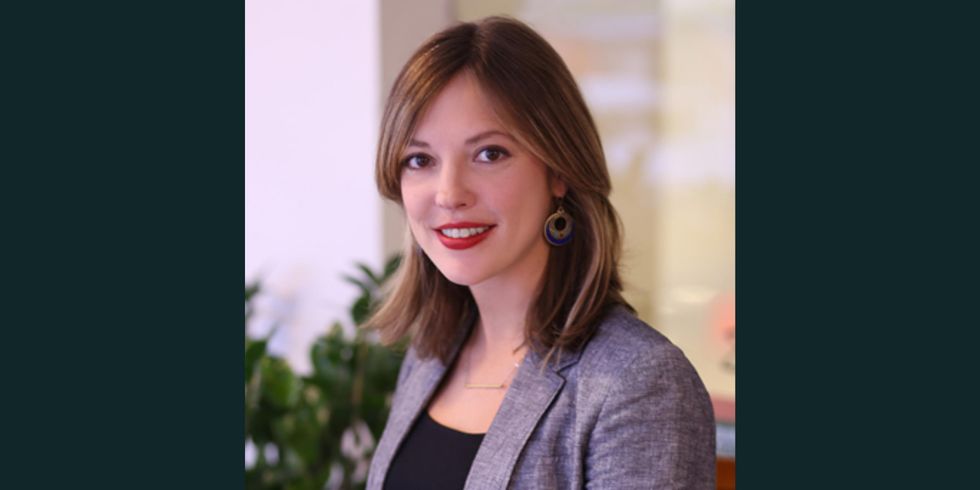
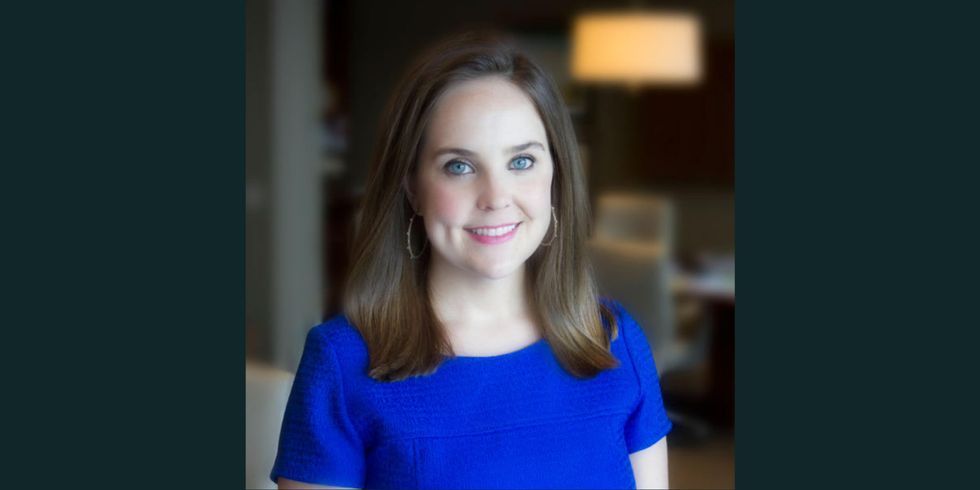
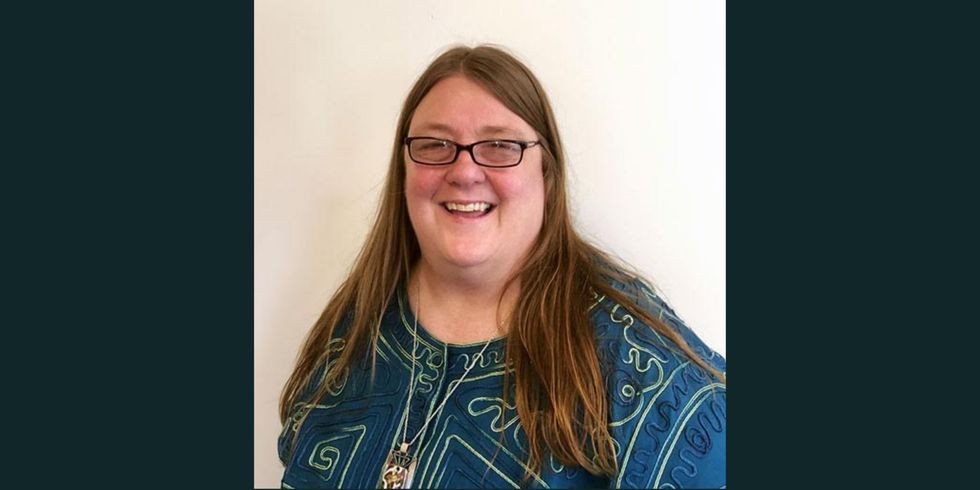
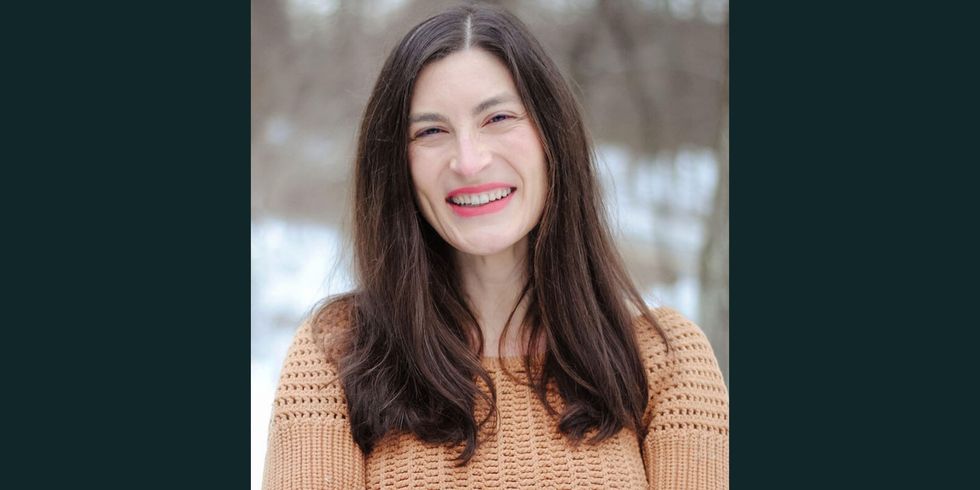
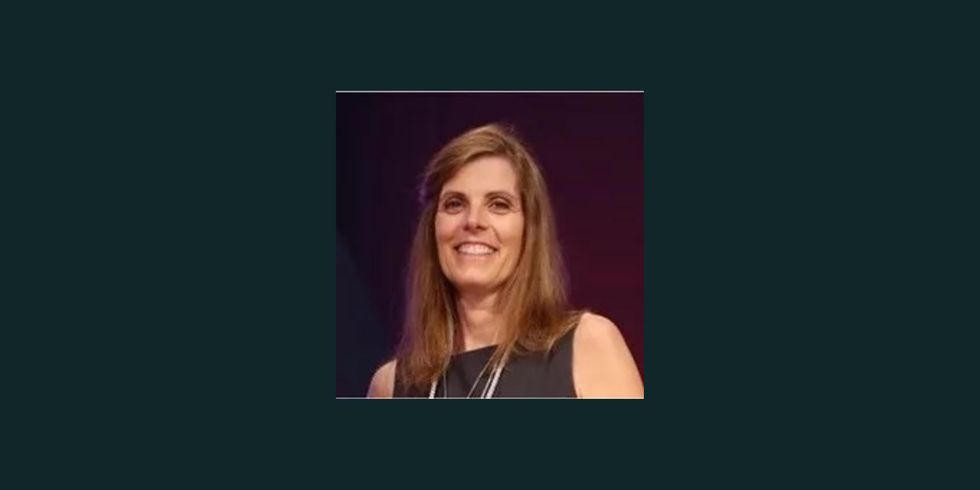
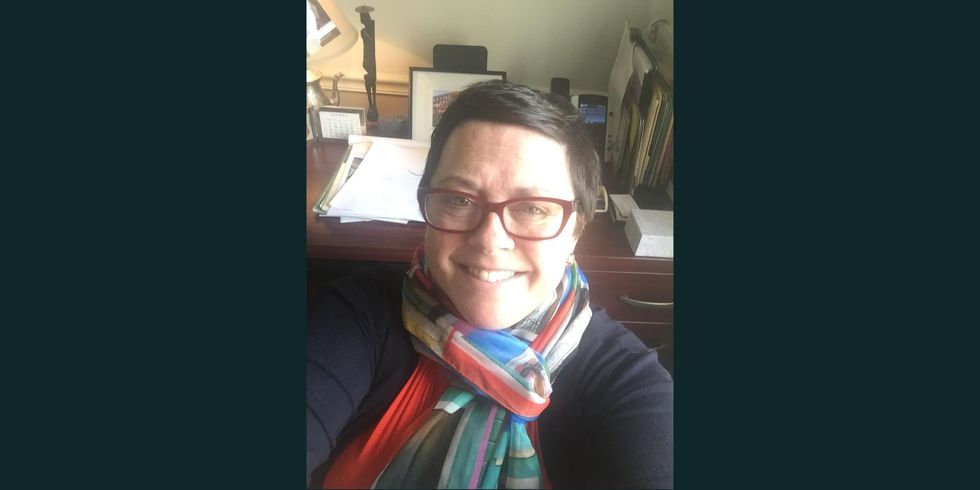
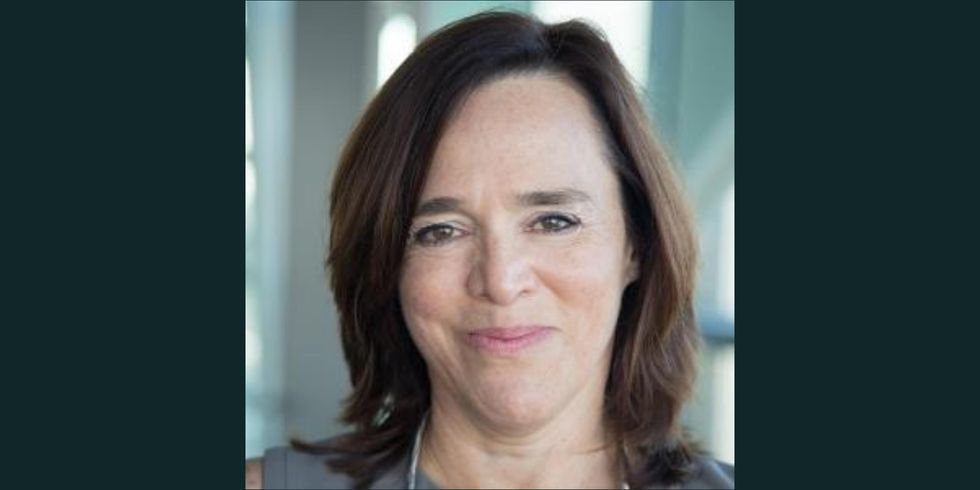
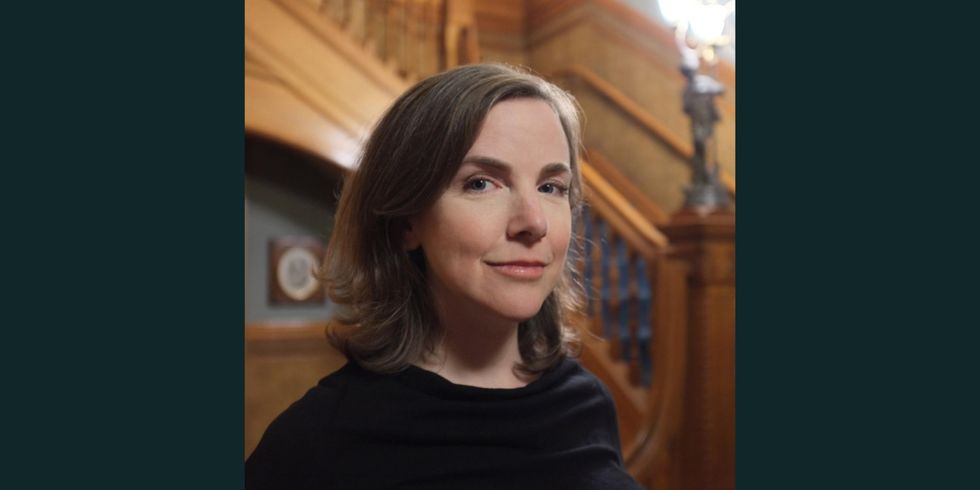
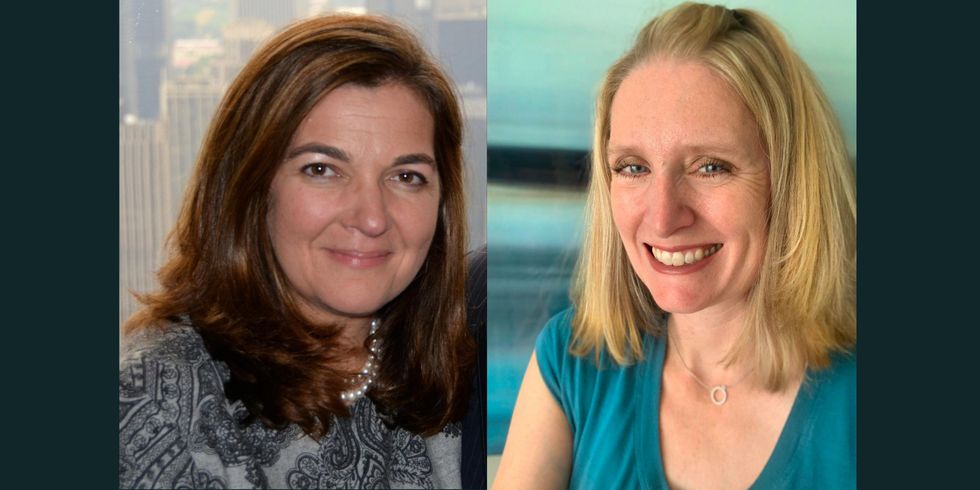
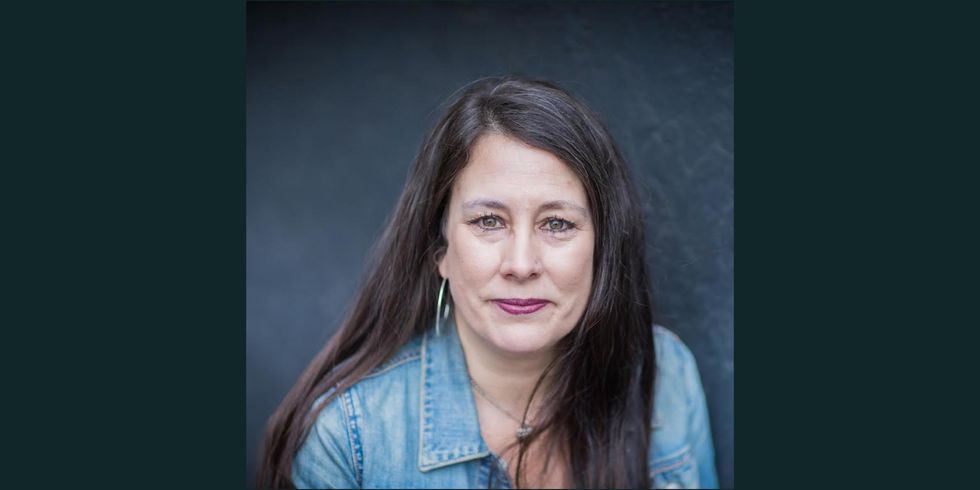





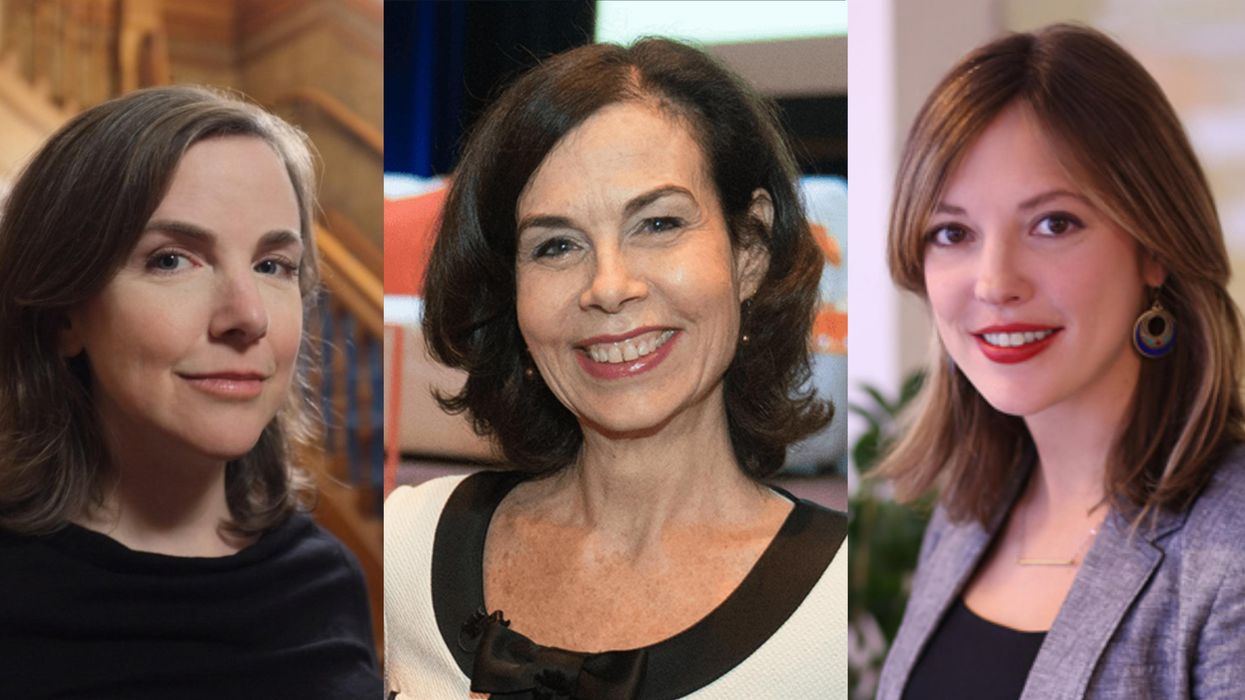













Trump & Hegseth gave Mark Kelly a huge 2028 gift